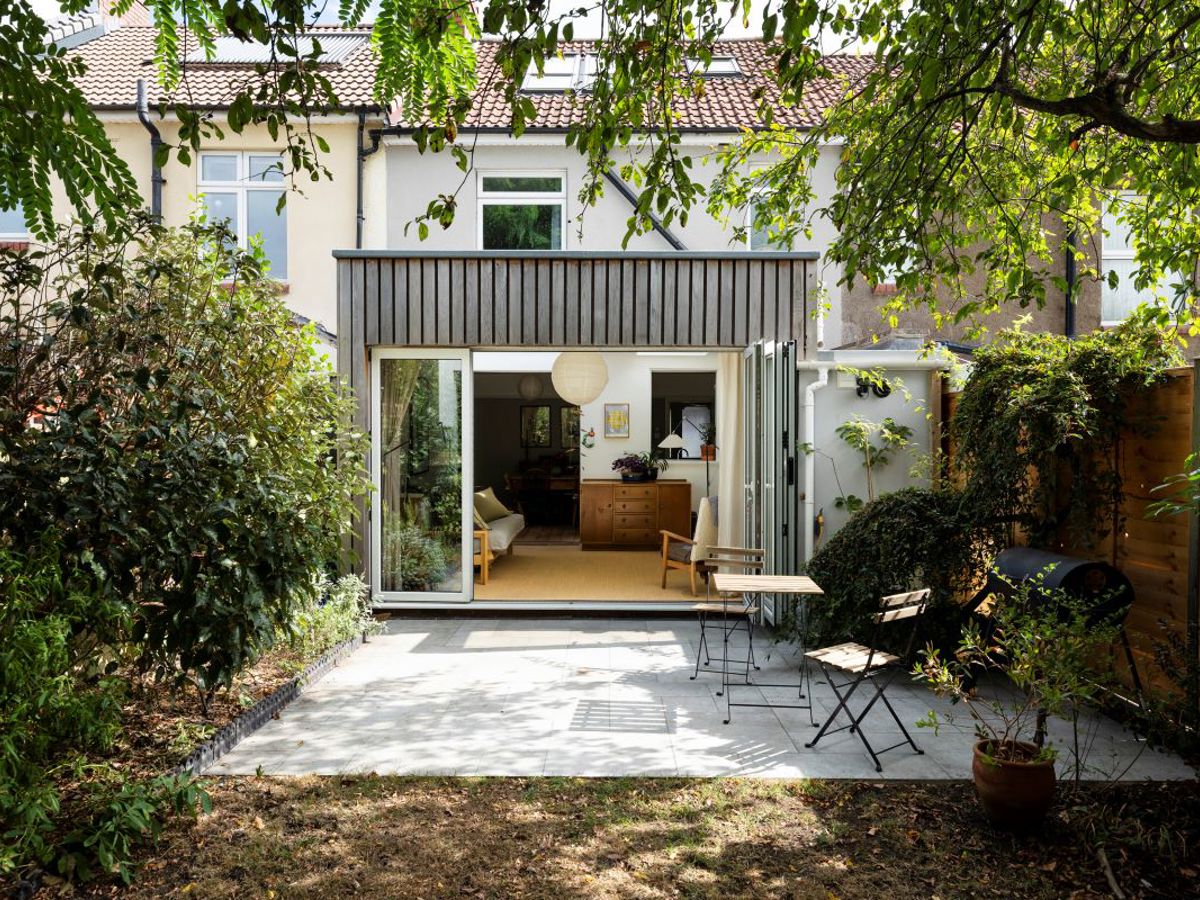Where would you like to move to? carefully consider and research the area you may want to move to. A common way to downsize is to move to a more affordable area, where property prices are cheaper. There is certainly merit in this decision but you want to ensure there are friends and family nearby. Relocating to the countryside may appeal but, as you age, getting around could become problematic so you need to ensure there are transport options. Consider your proximity to shops, a doctor, and any entertainment or sporting options. As you age you want to keep active and ensure easy access to vital local amenities.
You could pay a premium for a home in an area with good public transport links, that's close to shops and a GP/health centre. Sometimes retirement hotspots such as Dorset, Devon, Cornwall command higher prices. Whilst spending more on your new home may be an option for you, people generally free up equity.
Equally important is what kind of property will you want? If you want to move to a bungalow for the ease of living on one level, you may find these are in short supply, and competition to buy could be fierce. It’s likely to determine certain areas, suburbs. Retirement blocks or villages are options to explore but can be very expensive to buy with inherent ongoing charges. New builds are a very good option. And you may even consider an apartment, but there are certain considerations to make with more communal living and shared costs to consider too.
